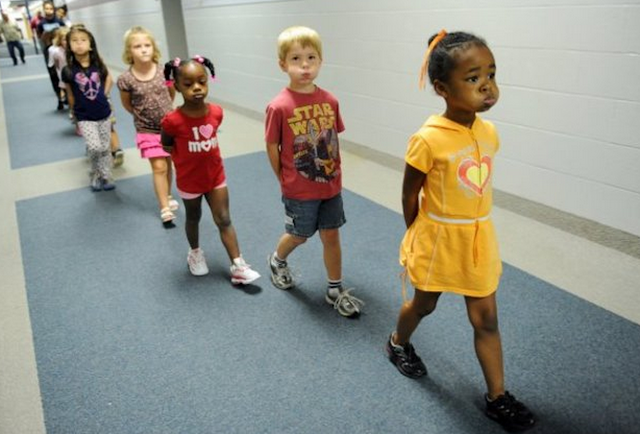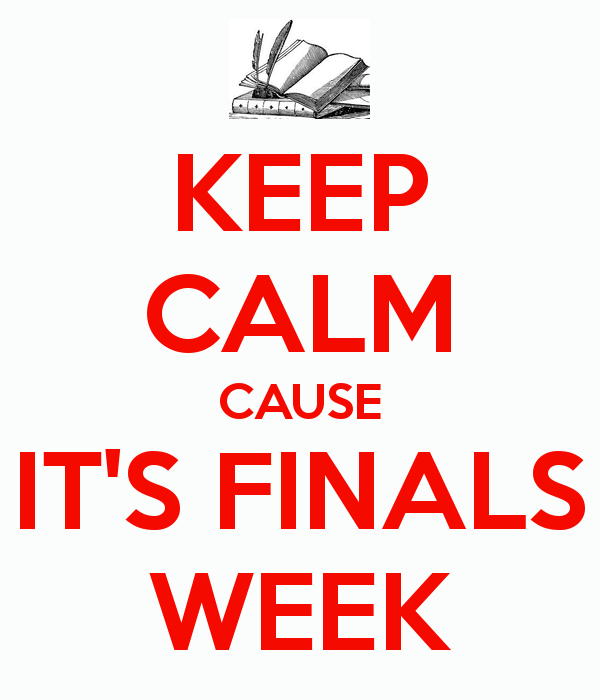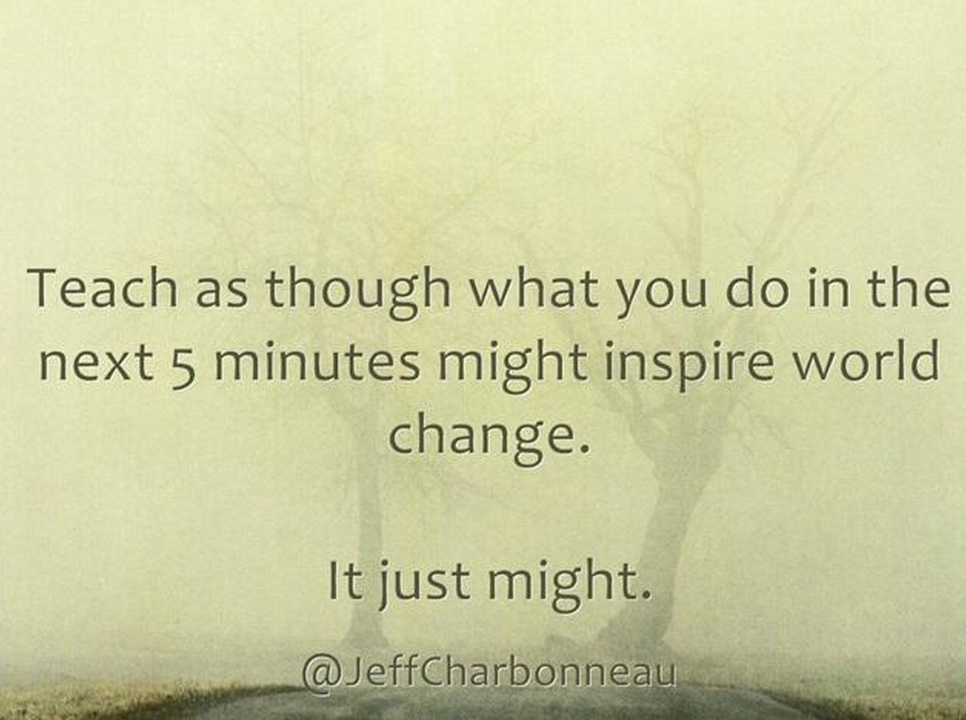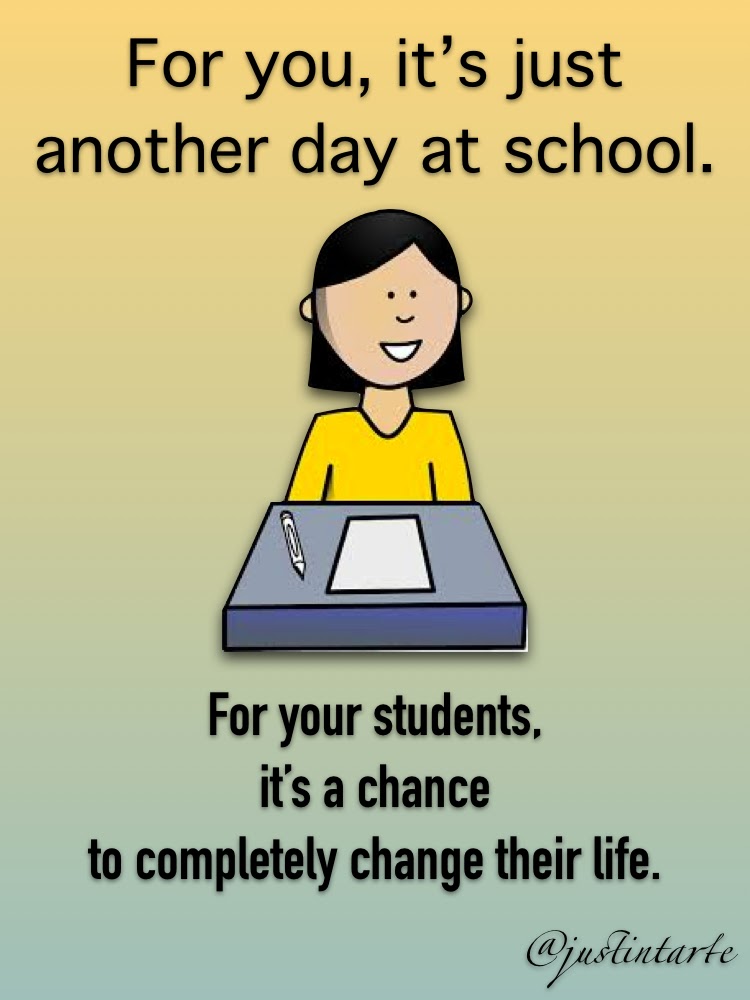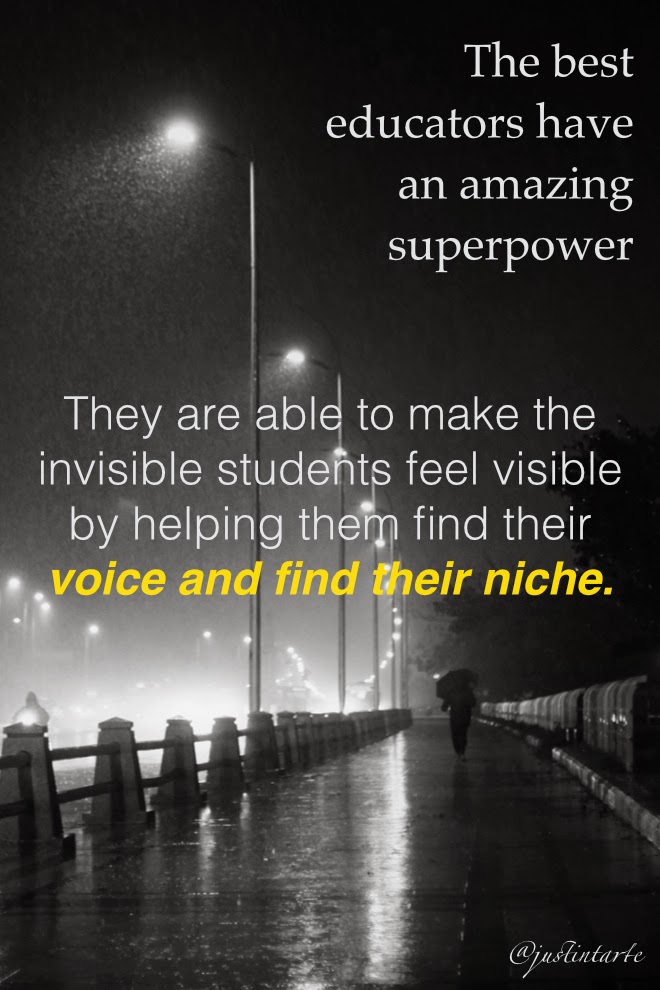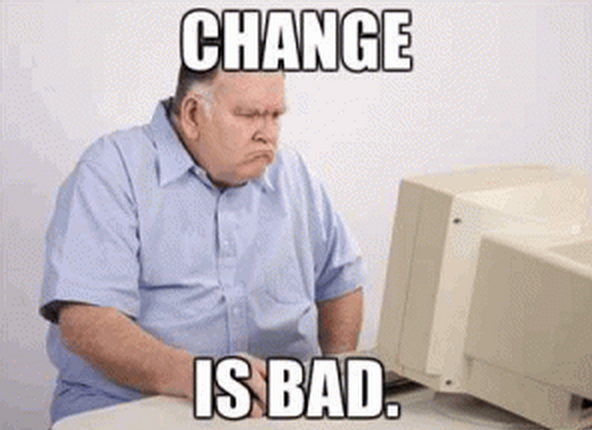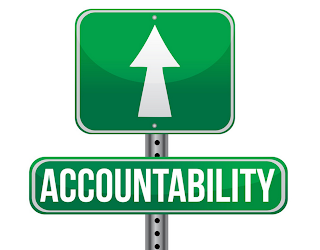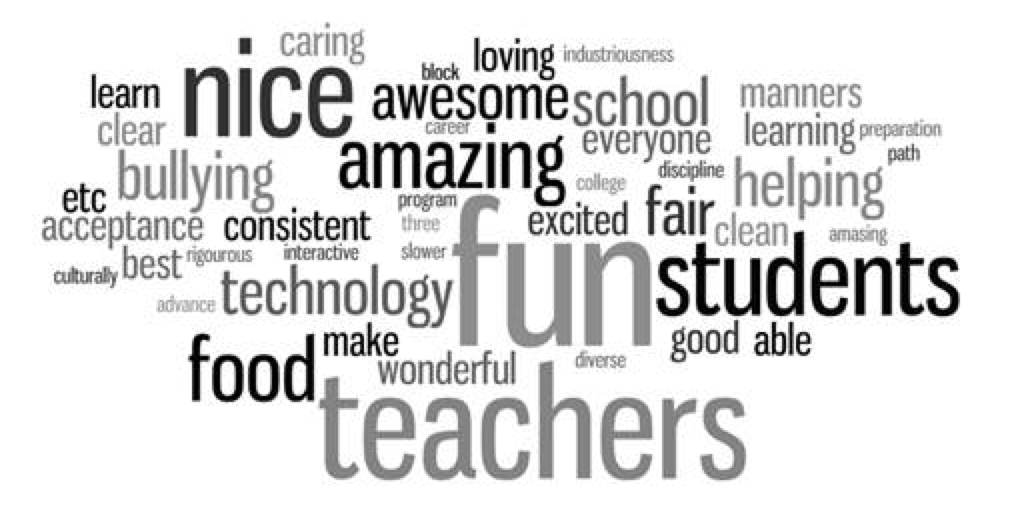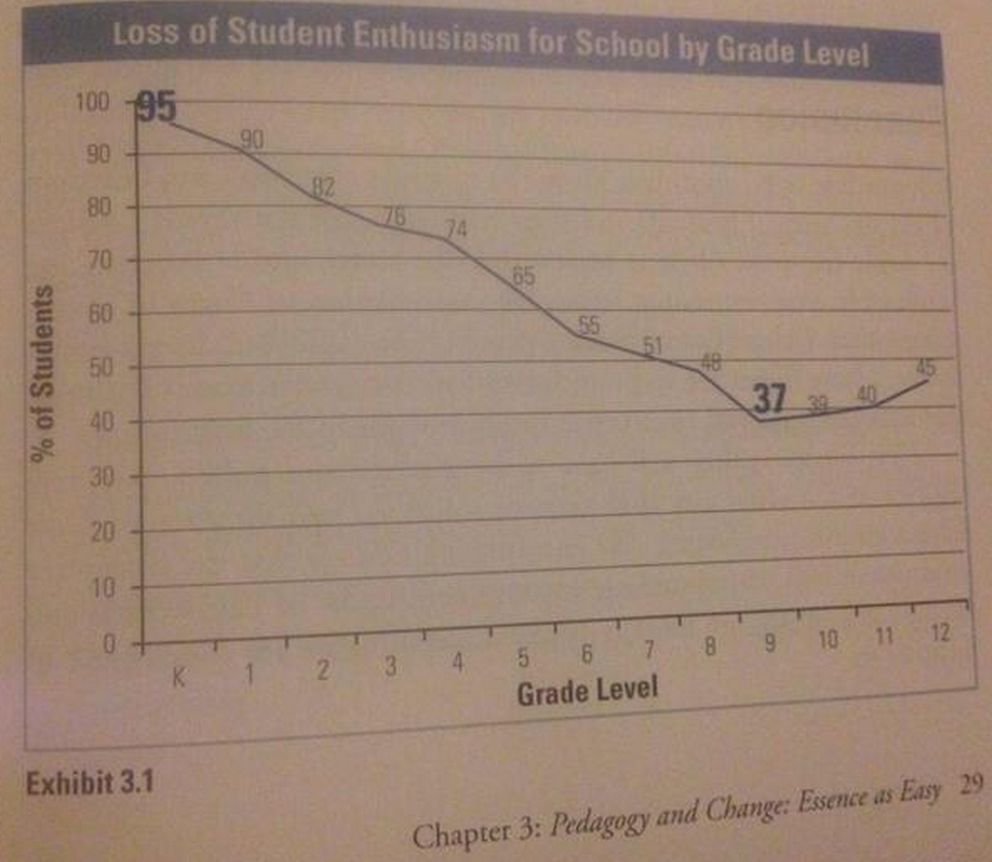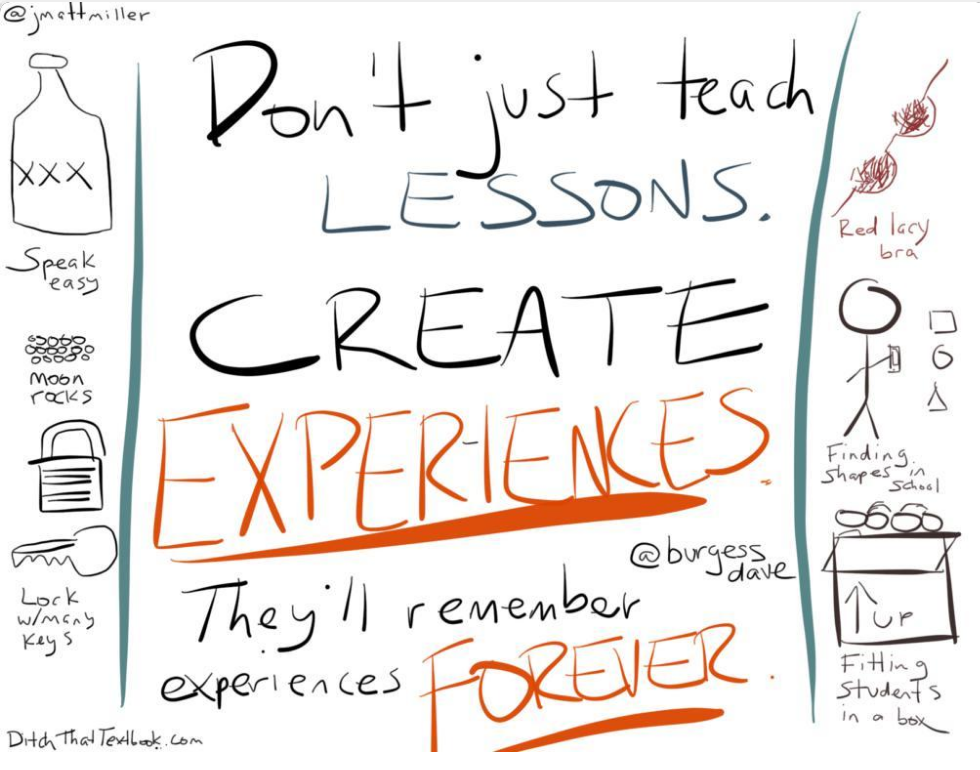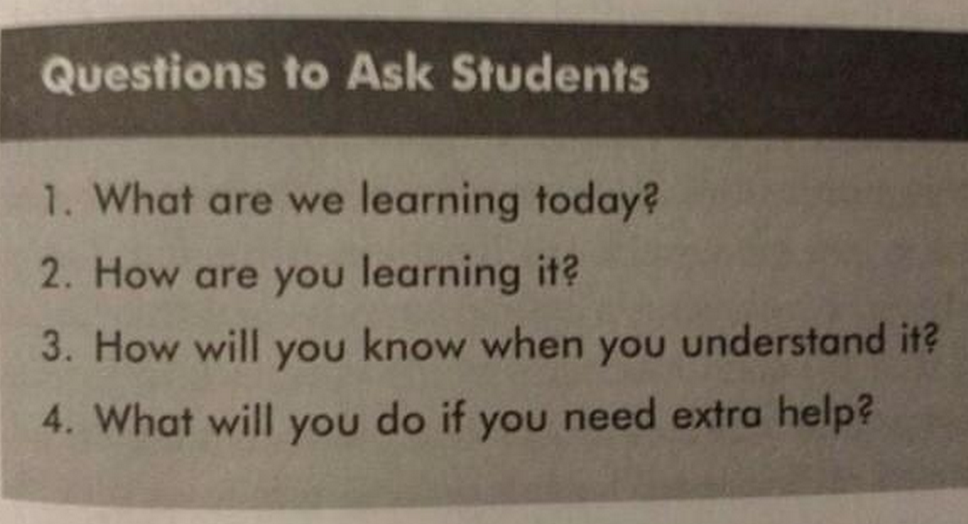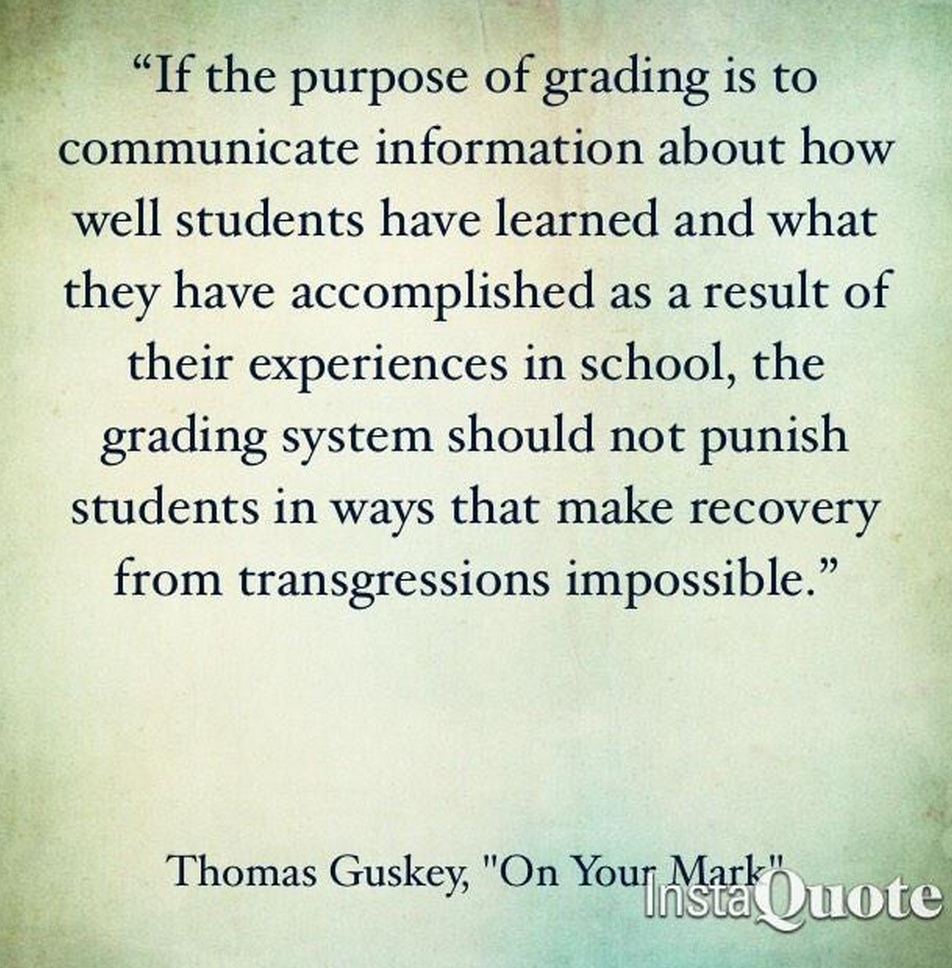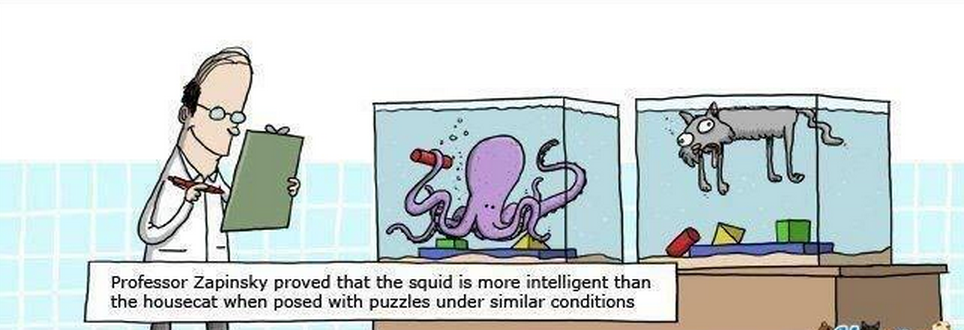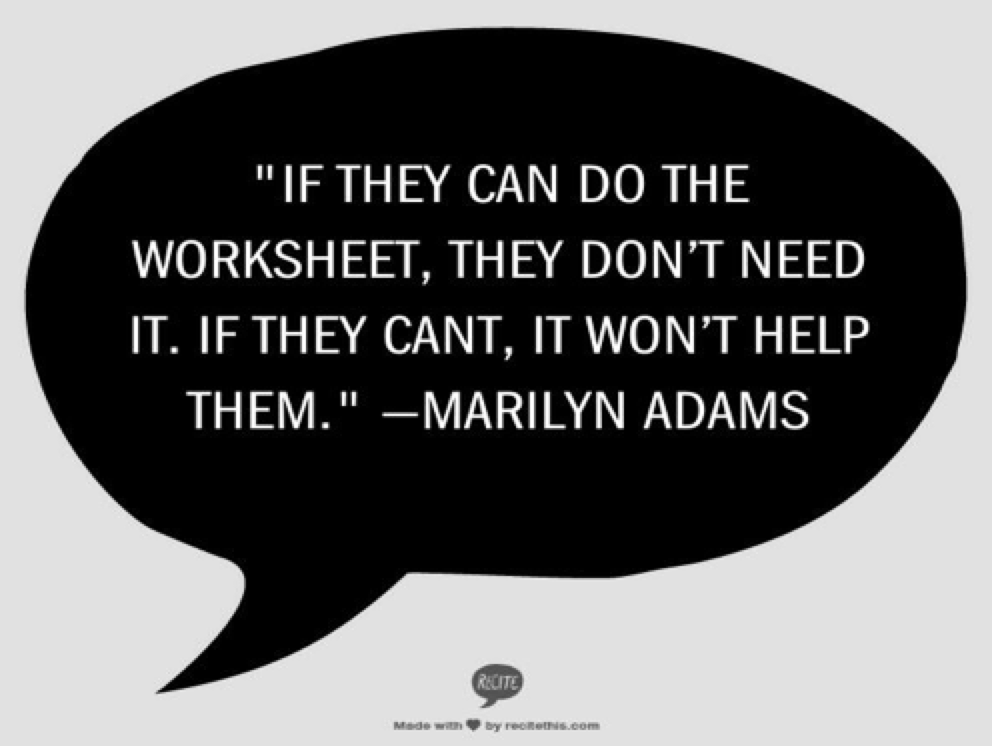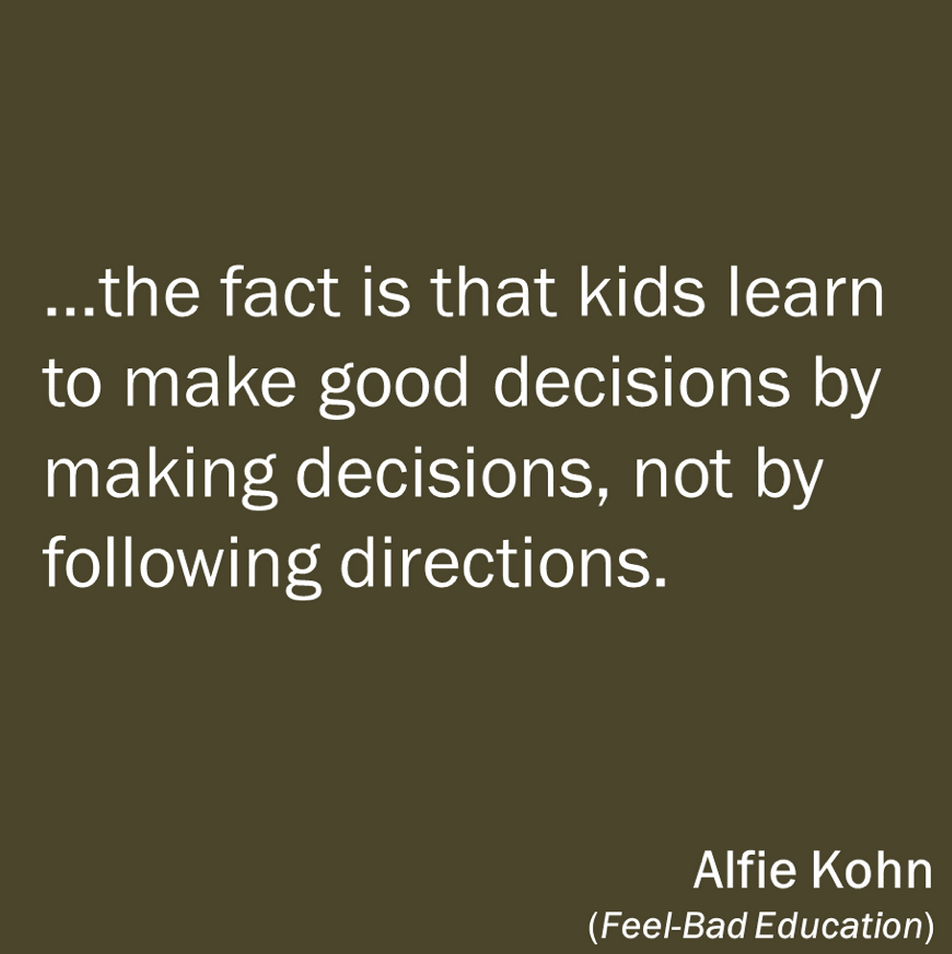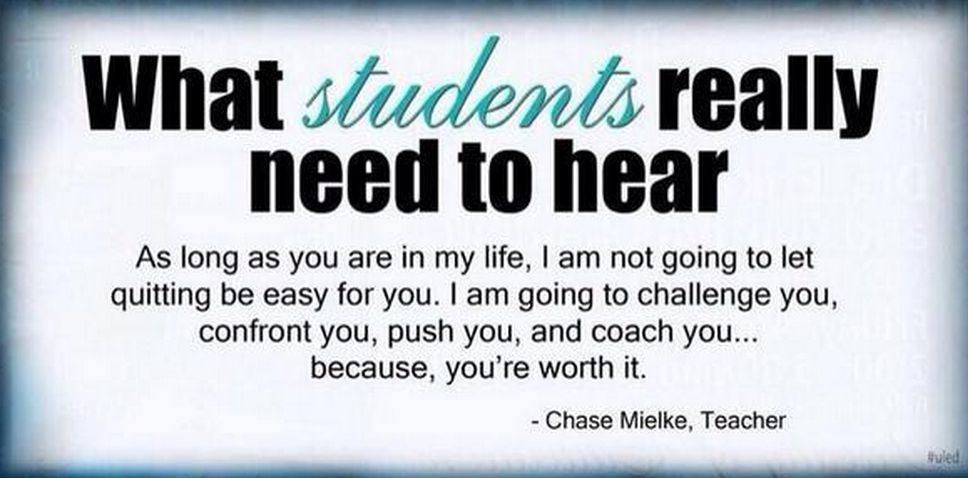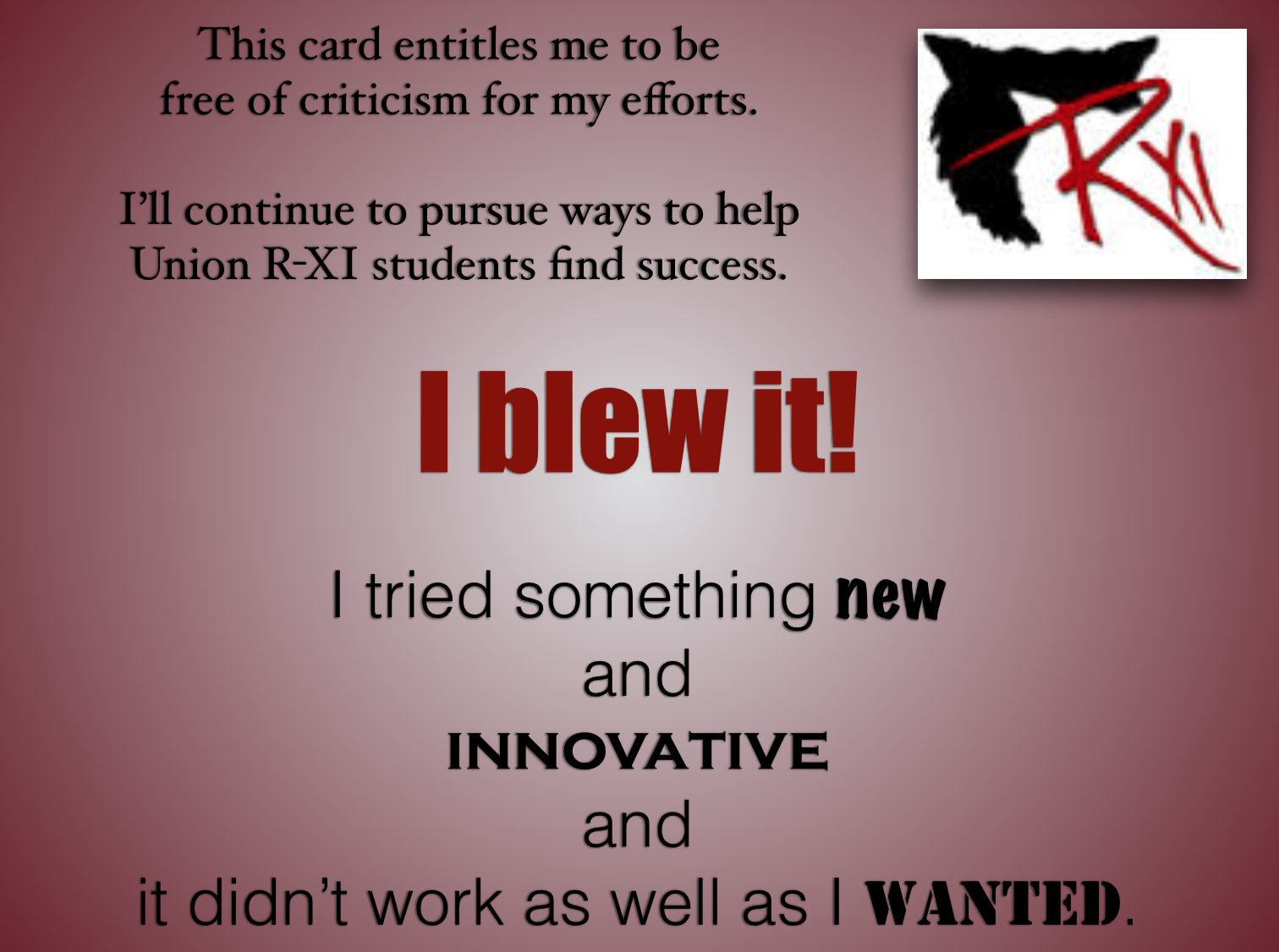1). Students want you to actually spend the time to get to know them...
Get to know your students by name as soon as possible. Learn something unique about them and find out what makes them tick. Students know when teachers don't know anything about them, so make getting to know your students a top priority.
2). Students want to have a voice in the learning process and want to share 'their' way of doing things...
Students want learning to be done 'with' them... not 'to' them. Schools are idea factories with a seemingly limitless amount of new and fresh ideas, so it's time we start tapping into that potential. Also, students bring unique perspectives and ways of thinking about life, so let them move up from passenger and let them drive the bus from time to time.
3). Students want to be treated with respect and dignity...
Students don't magically become motivated when they are embarrassed. They also don't appreciate it when you call them out to make a point and use them as an example. If you wouldn't like somebody doing it to you, then don't do it to your students.
4). Students want to be 'appropriately' challenged with meaningful and relevant learning experiences...
Students learn pretty quickly the differences between meaningful and productive work and mindless busy work. Students want you to push and challenge them with learning that provides them the skills to succeed. Additionally, students want and need the necessary supports as they struggle and navigate these more challenging learning experiences.
5). Students want educators to know that they too have bad and off days...
We all have bad days, and students are no different. Also, some students have quite a lot occurring in their lives outside of the education world. With that, education is at times understandably just not a top priority for them. Empathy and understanding go a long way in the classroom.
6). Students want their interests and passions to be infused into the learning that occurs in the classroom...
All students have interests and passions that go beyond the traditional school setting. It's these interests that students want you to integrate and combine with the learning that occurs in your classroom. When students are able to explore and further develop their interests while simultaneously meeting classroom learning objectives, great things are possible.
7). Students want educators to be truthful and honest...
When students feel you are being truthful and being honest, they can start to trust you. When students trust and respect you there are few things they won't do for you. This two-way street takes time to develop, but will yield significant dividends in the long-run.
8). Students want to be partners with you when it comes to the learning process...
Students don't want a 'teachers' vs. 'students' mentality in school. Students are looking to you for partnership and camaraderie in regard to learning and growth. It's this shift in traditional mindsets that really strengthens trust and collaboration between teachers and students.
9). Students want to know the work they are doing and the time they are committing to school will actually make a difference in the world...
Students spend a significant amount of time in school as they grow up, so it's only fair and appropriate that the time they spend and the work they do actually goes toward making the world a better place. The disconnect between doing something that makes a difference in the world and simply just doing something, makes all the difference.
10). At the end of the day, all students want to know their existence matters and that they are important...
Don't we all...?
Get to know your students by name as soon as possible. Learn something unique about them and find out what makes them tick. Students know when teachers don't know anything about them, so make getting to know your students a top priority.
2). Students want to have a voice in the learning process and want to share 'their' way of doing things...
Students want learning to be done 'with' them... not 'to' them. Schools are idea factories with a seemingly limitless amount of new and fresh ideas, so it's time we start tapping into that potential. Also, students bring unique perspectives and ways of thinking about life, so let them move up from passenger and let them drive the bus from time to time.
3). Students want to be treated with respect and dignity...
Students don't magically become motivated when they are embarrassed. They also don't appreciate it when you call them out to make a point and use them as an example. If you wouldn't like somebody doing it to you, then don't do it to your students.
4). Students want to be 'appropriately' challenged with meaningful and relevant learning experiences...
Students learn pretty quickly the differences between meaningful and productive work and mindless busy work. Students want you to push and challenge them with learning that provides them the skills to succeed. Additionally, students want and need the necessary supports as they struggle and navigate these more challenging learning experiences.
5). Students want educators to know that they too have bad and off days...
We all have bad days, and students are no different. Also, some students have quite a lot occurring in their lives outside of the education world. With that, education is at times understandably just not a top priority for them. Empathy and understanding go a long way in the classroom.
6). Students want their interests and passions to be infused into the learning that occurs in the classroom...
All students have interests and passions that go beyond the traditional school setting. It's these interests that students want you to integrate and combine with the learning that occurs in your classroom. When students are able to explore and further develop their interests while simultaneously meeting classroom learning objectives, great things are possible.
7). Students want educators to be truthful and honest...
When students feel you are being truthful and being honest, they can start to trust you. When students trust and respect you there are few things they won't do for you. This two-way street takes time to develop, but will yield significant dividends in the long-run.
8). Students want to be partners with you when it comes to the learning process...
Students don't want a 'teachers' vs. 'students' mentality in school. Students are looking to you for partnership and camaraderie in regard to learning and growth. It's this shift in traditional mindsets that really strengthens trust and collaboration between teachers and students.
9). Students want to know the work they are doing and the time they are committing to school will actually make a difference in the world...
Students spend a significant amount of time in school as they grow up, so it's only fair and appropriate that the time they spend and the work they do actually goes toward making the world a better place. The disconnect between doing something that makes a difference in the world and simply just doing something, makes all the difference.
10). At the end of the day, all students want to know their existence matters and that they are important...
Don't we all...?


